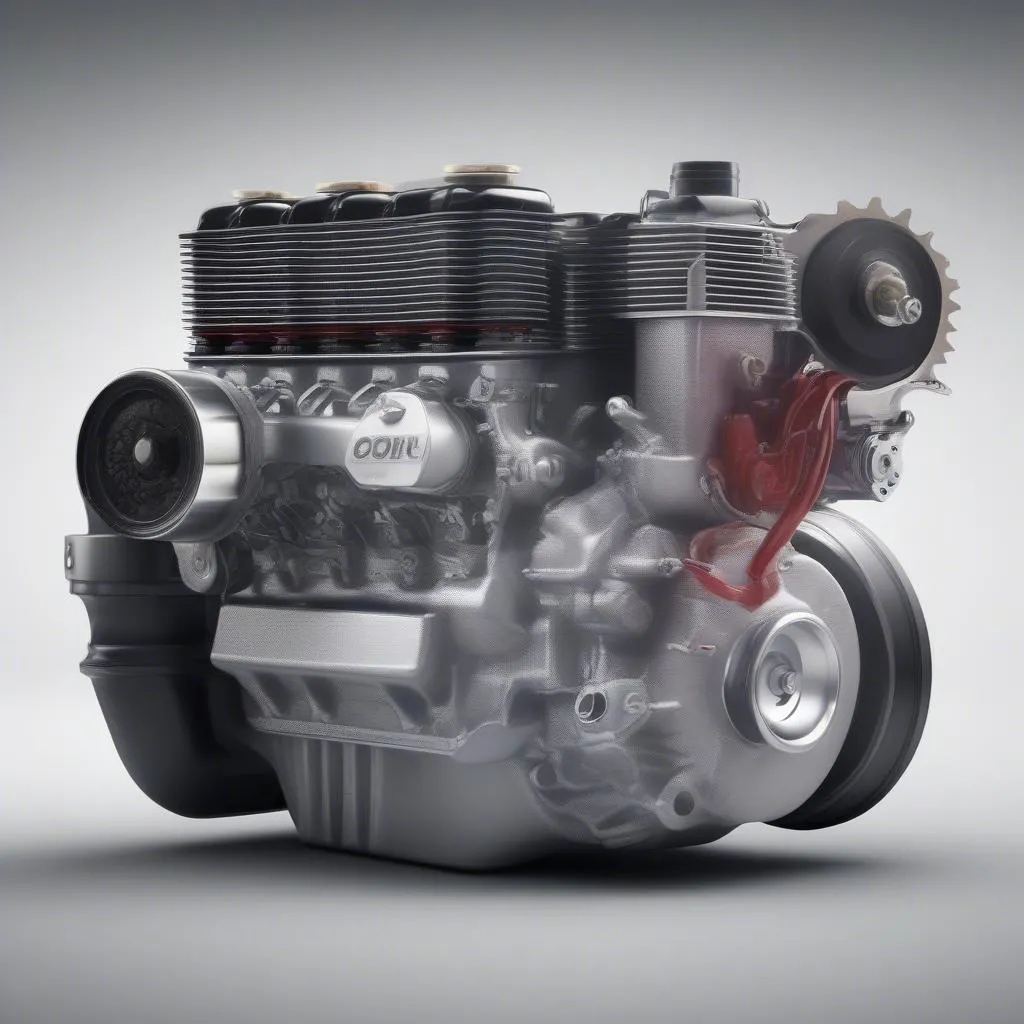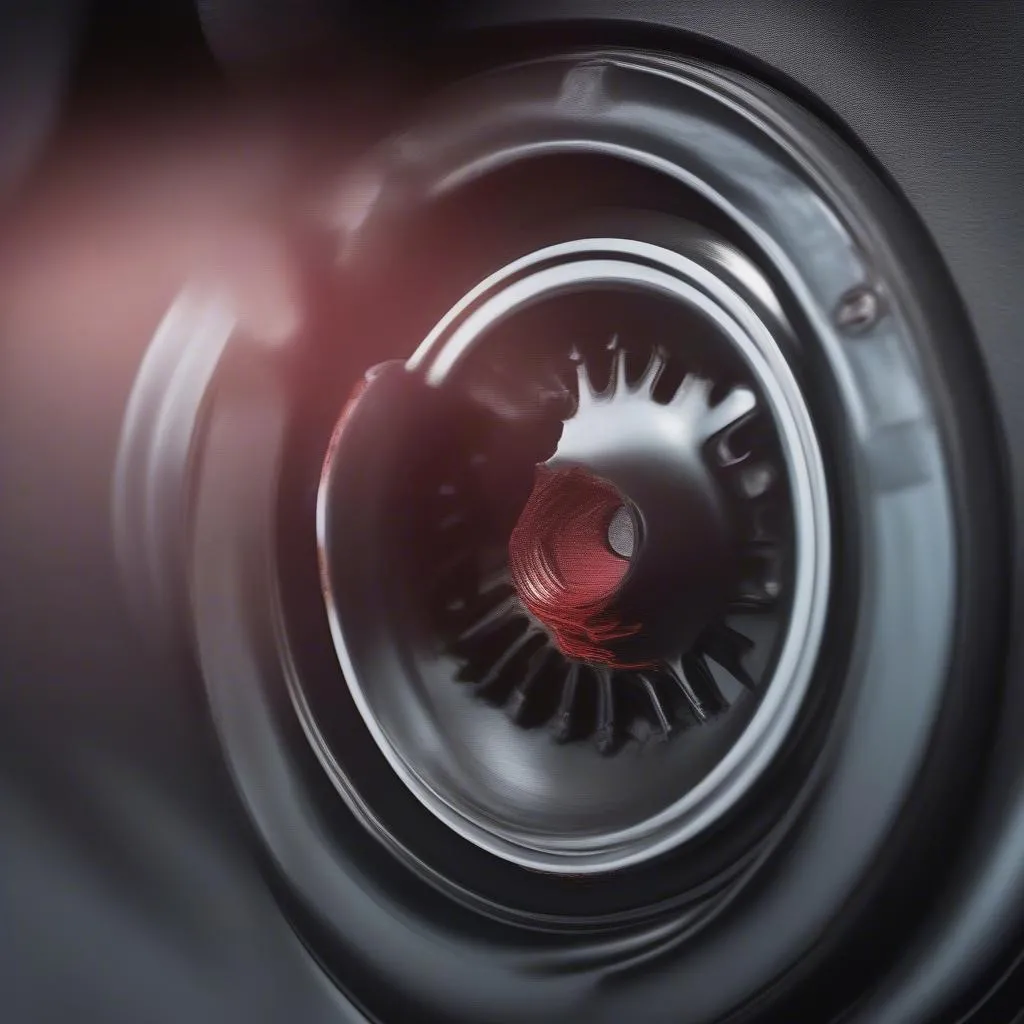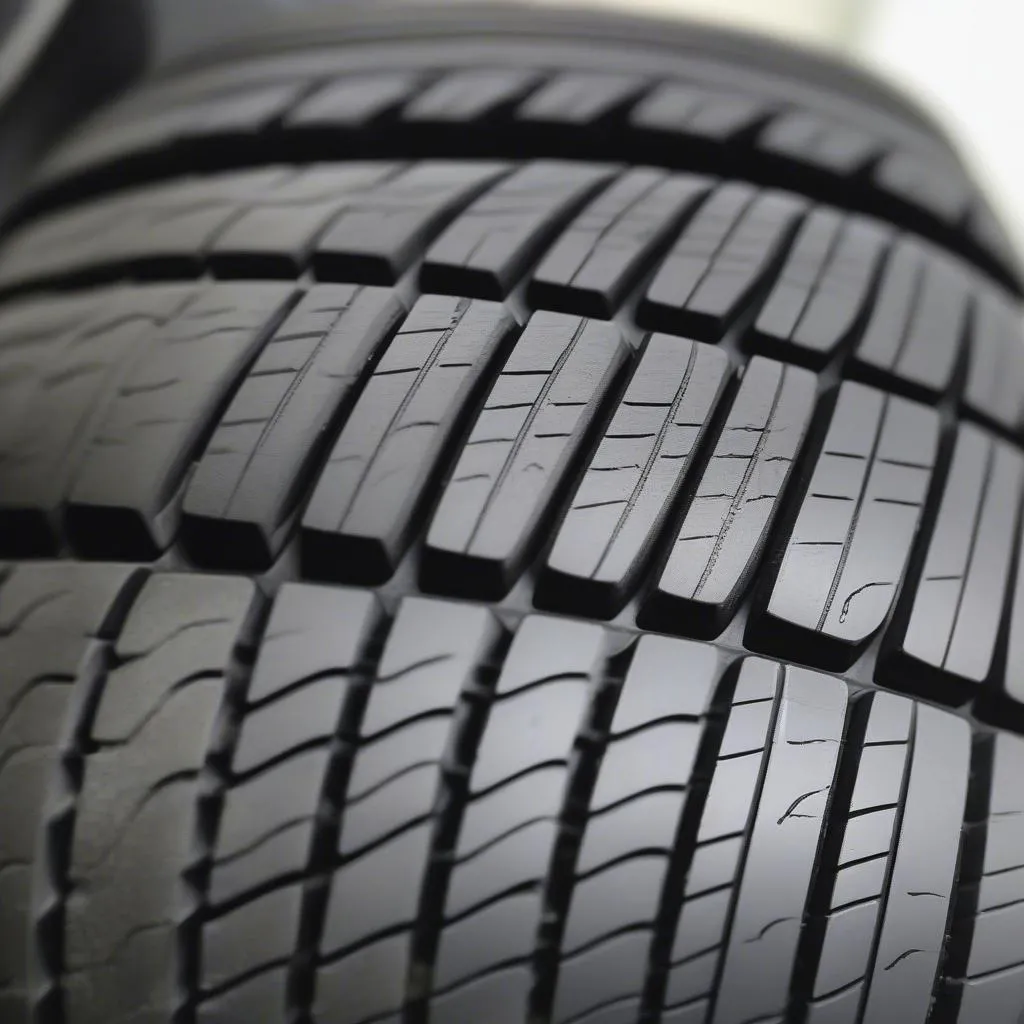Imagine this: You’re driving down the road, feeling confident and in control, when suddenly your car starts shaking violently every time you press the gas pedal. The experience can be unsettling, and you might be left wondering what’s going on. This is a common issue faced by drivers, and it’s usually a sign of a problem with your vehicle’s engine or transmission.
What Does It Mean When Your Car Shakes When You Press the Gas Pedal?
A car shaking when accelerating can be a symptom of various underlying issues. Let’s break down what it means from different perspectives:
The Mechanic’s Perspective
To a mechanic, a shaking car when pressing the gas pedal points to potential problems with the engine, transmission, or drivetrain.
The Automotive Engineering Perspective
From an automotive engineering perspective, the shaking could be caused by:
- Engine Misfire: This occurs when one or more cylinders in your engine aren’t firing properly, leading to uneven power delivery and shaking. This can result from a variety of factors, including faulty spark plugs, ignition coils, fuel injectors, or a clogged air filter.
- Transmission Issues: A faulty transmission can lead to slipping, rough shifting, and vibrations that are felt through the vehicle.
- Uneven Tire Wear: If your tires are unevenly worn, it can cause your car to shake, especially when accelerating.
- Drivetrain Problems: Worn out or damaged components in the driveshaft, axles, or universal joints can cause vibrations that are felt throughout the car.
- Faulty Engine Mounts: The engine mounts are responsible for isolating the engine from the rest of the car. If they become worn or damaged, the engine can vibrate excessively, causing the car to shake.
The Driver’s Perspective
The shaking can be quite unnerving, leading to a sense of anxiety and lack of control. It might also result in a loss of fuel efficiency and potential damage to the vehicle.
Troubleshooting: Why Does My Car Shake When I Press the Gas Pedal?
Now let’s dive into the common causes and how to troubleshoot them:
Engine Misfire
Signs of a Misfire:
- Rough idling
- Loss of power
- Engine light coming on
Possible Solutions:
- Inspect and Replace Spark Plugs: Worn or damaged spark plugs are a common cause of misfires.
- Check Ignition Coils: Faulty ignition coils can prevent the spark plugs from firing correctly.
- Inspect Fuel Injectors: Clogged or faulty fuel injectors can prevent the proper amount of fuel from reaching the engine.
- Inspect Air Filter: A clogged air filter can restrict airflow to the engine, causing a misfire.
Transmission Issues
Signs of Transmission Problems:
- Slipping or delayed shifting
- Rough shifting
- Unusual noises during acceleration
Possible Solutions:
- Fluid Level Check: Ensure the transmission fluid level is adequate and not contaminated.
- Transmission Filter: A dirty transmission filter can impede the flow of transmission fluid.
- Transmission Repair: If the transmission itself is faulty, it may need to be repaired or replaced.
Uneven Tire Wear
Signs of Uneven Tire Wear:
- Vibration felt in the steering wheel or through the car’s body
- Noises coming from the tires
- Visible uneven wear patterns on the tires
Possible Solutions:
- Tire Rotation: Rotate your tires regularly to ensure even wear.
- Tire Replacement: If the tires are severely worn or damaged, they should be replaced.
- Wheel Alignment: Proper wheel alignment can also help prevent uneven tire wear.
Drivetrain Problems
Signs of Drivetrain Problems:
- Vibrations felt in the car, especially at higher speeds
- Noises coming from the drivetrain
- Loss of power
Possible Solutions:
- Driveshaft Inspection: Inspect the driveshaft for any wear or damage.
- Axle Inspection: Check the axles for any signs of wear, damage, or loose bolts.
- Universal Joint Inspection: Inspect the universal joints for wear or damage.
Faulty Engine Mounts
Signs of Faulty Engine Mounts:
- Excessive engine vibration
- Unusual noises coming from the engine compartment
- The engine visibly moving or shaking
Possible Solutions:
- Engine Mount Replacement: Replace faulty engine mounts with new ones.
Other Factors to Consider
Sometimes, other factors can contribute to a car shaking when accelerating:
- Fuel Quality: Poor quality fuel can lead to engine misfires and other problems.
- Fuel System Problems: Faulty fuel pumps, fuel lines, or fuel filters can also cause engine misfires.
- Engine Sensors: Faulty sensors can lead to inaccurate readings and cause the engine to misfire.
What to Do If Your Car Shakes While Pressing the Gas Pedal
If your car starts shaking when you press the gas pedal, it’s important to address the issue promptly. Here are some tips:
- Check the Owner’s Manual: Your owner’s manual may provide information about common problems and solutions.
- Check Engine Light: If the check engine light is on, have it scanned by a mechanic to identify the issue.
- Inspect the Engine: If you’re comfortable, you can inspect the engine bay for any visible signs of problems.
- Contact a Mechanic: If you can’t identify the problem, contact a qualified mechanic for a diagnosis and repair.
Frequently Asked Questions
Here are some frequently asked questions about cars shaking when accelerating:
- “My car only shakes when I accelerate hard.” This could indicate a problem with the engine, transmission, or drivetrain. Have a mechanic inspect the vehicle.
- “My car shakes when I accelerate, and the check engine light is on.” The check engine light is a good indicator of a problem. Have a mechanic scan the engine control unit (ECU) for diagnostic codes to pinpoint the issue.
- “My car shakes at a certain speed.” This could be caused by a problem with the tires, wheels, or suspension. Have a mechanic inspect the vehicle.
Other Related Articles
You might be interested in these other helpful articles:
- “What Does It Mean When Your Check Engine Light Is On?” [link to article]
- “How to Choose the Right Mechanic for Your Car” [link to article]
Need Help With Diagnostics Tools?
If you’re looking for expert help with diagnosing and repairing your car, reach out to Diag XCar. Our team of experienced mechanics and automotive technicians are here to help you get back on the road safely. Contact us at Whatsapp: +84767531508 for 24/7 support.
Please note: This information is for general knowledge and should not be considered a substitute for professional advice. If you are experiencing problems with your car, consult a qualified mechanic for a proper diagnosis and repair.
 Engine Shaking
Engine Shaking
 Transmission Issue
Transmission Issue
 Uneven Tire Wear
Uneven Tire Wear